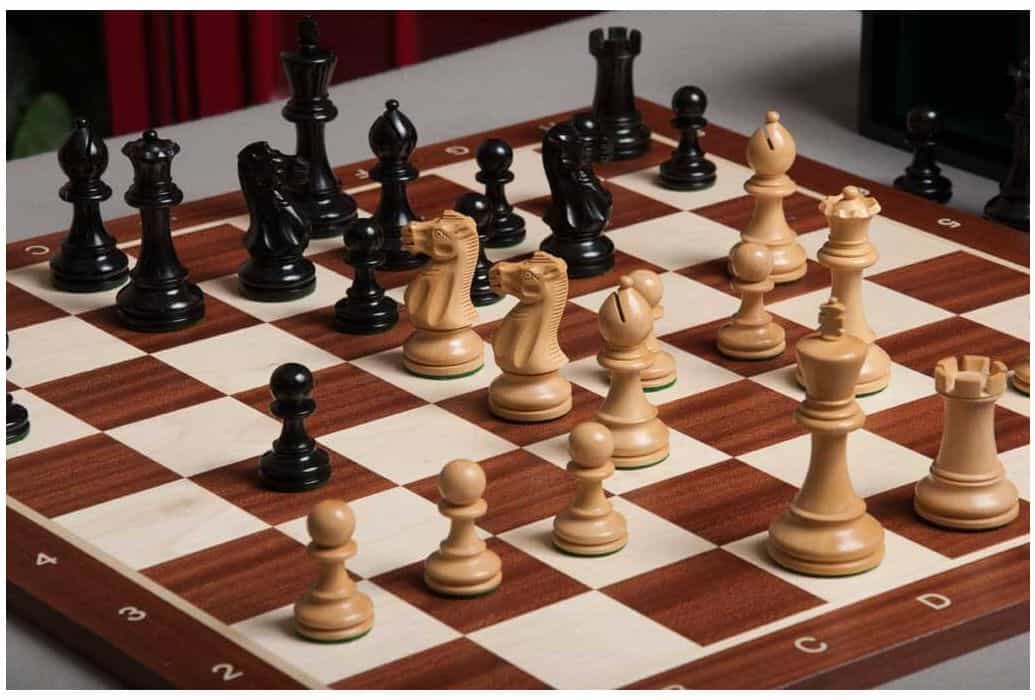There Are Two Ways to Finish

You are playing a chess game. Suddenly, a breakthrough happens and in a couple of movements, you checkmate your opponent! You let people around you know:
“I finished /ended the game.”
Or,
“The game is finished /ended.”
In any case, you use the same verb “finish,” either in active (you finished/ended) or in passive (is finished/ended) voice. However, as we have seen once and again, what works for English does not necessarily work in the same way for Armenian.
When Armenian verbs go from active to passive voice, the verb itself changes. We say, for instance, “He broke the glass” (An abageen godrets –Ան ապակին կոտրեց), but when the cause is unclear, we may say “The glass was broken” (Abageen godrvetsav – Ապակին կոտրուեցաւ). We have two verbs, godrel (կոտրել) and godrveel (կոտրուիլ).
The same happens with “to finish.” If I finished the game, it is:
Yes khaghe verchatsootsi (Ես խաղը վերջացուցի).
If the game was finished, then it is:
Khaghe verchatsav (Խաղը վերջացաւ).
You can never say Yes khaghe verchatsa (Ես խաղը վերջացայ). That would mean “The game is… that you are finished!”
